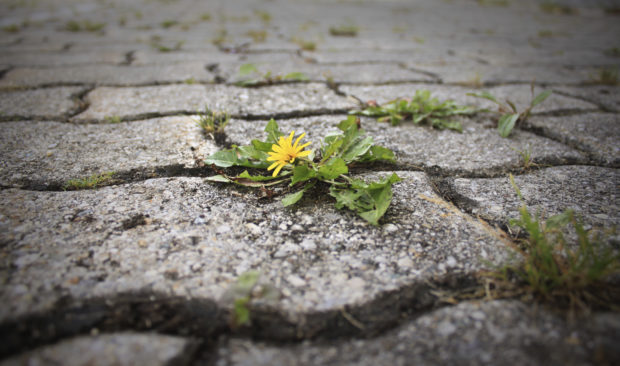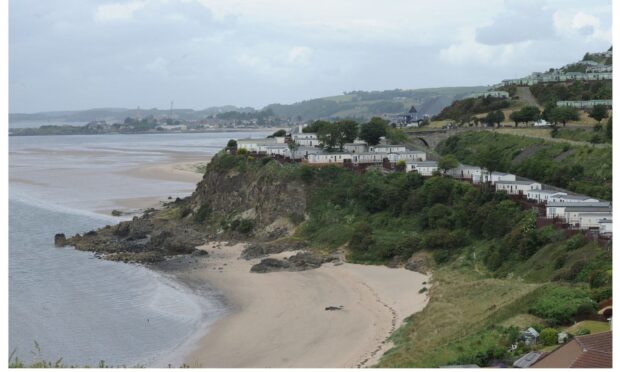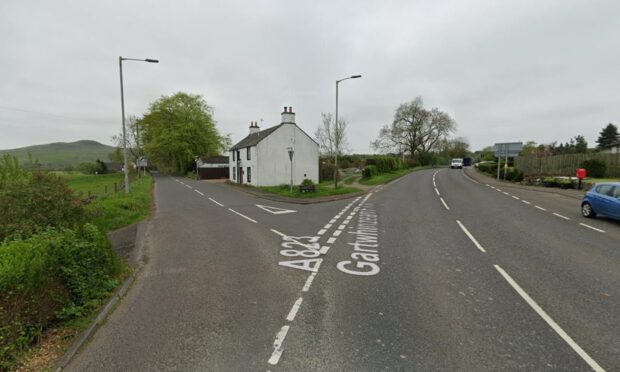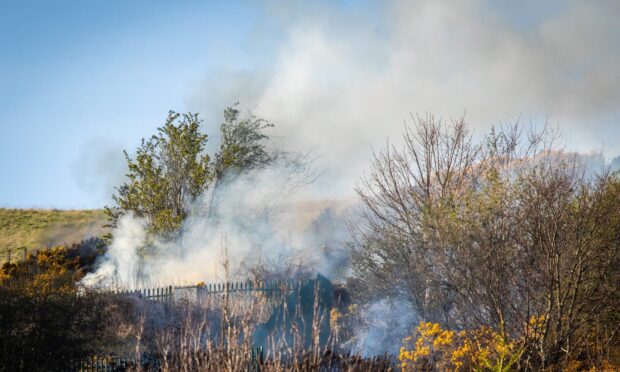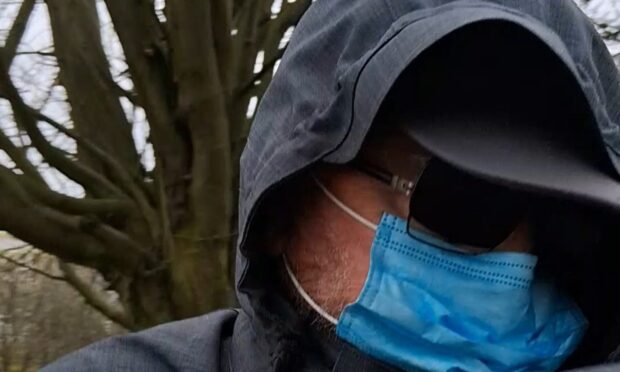Use of a controversial weedkiller linked with cancer should be ditched in Fife, according to a local councillor.
Glyphosate has been banned in Austria and people have successfully sued its manufacturer in the USA, blaming it for causing cancer.
Marketed as Roundup, the widely-used herbicide is a tool for Fife Council gardeners.
Tay Bridgehead councillor Jonny Tepp has urged the local authority to halt its use as a precaution and to explore alternatives.
He said councils across the UK were carefully considering the use of glyphosate, which Fife Council bought 3000 litres of last year.
Although the EU has permitted use of glyphosate until at least 2022, stating there was no evidence to link it to cancer in humans, the World Health Organisation has deemed the substance ‘probably carcinogenic in humans’.
Liberal Democrat Mr Tepp said: “I am seeking reassurance that our use is in line with current government guidelines, asking whether our current use can be reviewed regardless in order that alternative methods of control can be explored.
“My understanding is that there are alternative methods.
“I recognise that there is a trade-off between effectiveness and cost that needs to be considered but the case for precautionary measures and urgent is beginning to look overwhelming to me.”
Fife Council’s use of glyphosate has decreased and is expected to decrease further, but not due to concerns about the chemical.
Ross Vettraino, convener of the council’s environment and protective services committee, said: “Whereas Fife Council is not a scientific body and does not have the power to legislate on the use of chemicals, it would never seek to use any material known to be prejudicial to health, irrespective of the value for money that it may offer.
“In the case of glyphosate extensive research has been carried out on behalf of industry and consumers and the EU Commission has ruled that glyphosate is safe to use.
“It is, in fact, the most frequently used herbicide worldwide.
“The council is using less weed killer, not because it is unsafe to do so, but because there are better ways of controlling weed growth, which are centred on servicing more frequently those areas which are prone to weeds.
“The council’s street cleaning and ground maintenance services are currently being re-profiled and as that work progresses and the services become more efficient and effective I am expecting that even less weed killer will be used.”
